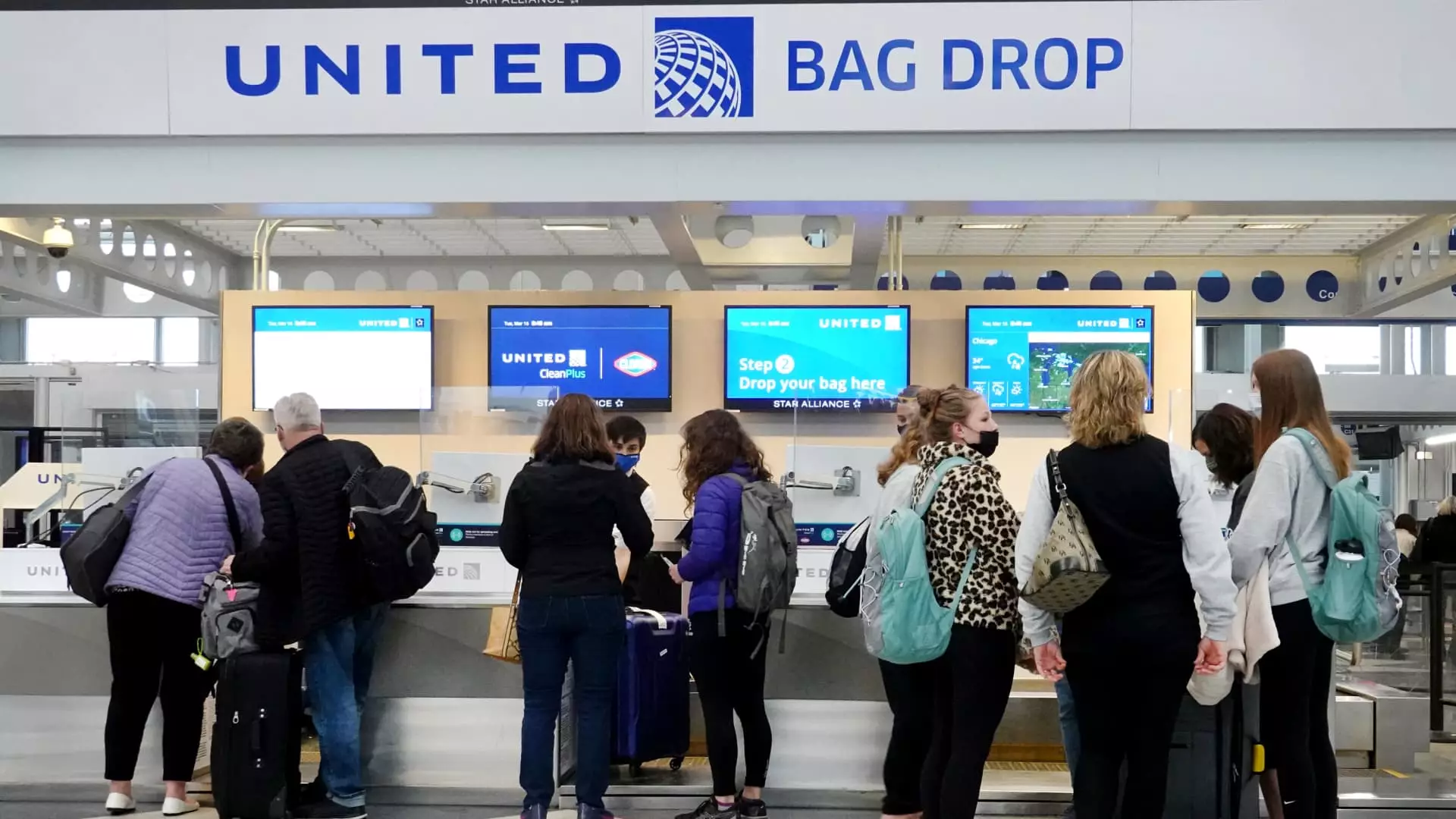Airlines have been consistently increasing their checked bag fees, with major carriers such as United Airlines, American Airlines, and JetBlue Airways leading the way. The price you pay for checking a bag can vary depending on how and when you choose to pay for the service. These airlines have implemented a two-tiered pricing strategy that charges customers more for checking bags at the airport or closer to their departure time, as compared to paying for the service online in advance.
The rationale behind this approach is to incentivize customers to pay for checked bags ahead of their flight. Airlines argue that this will not only free up employees at check-in areas but also expedite the boarding process, getting travelers to their gates faster. By encouraging online payment for baggage fees, airlines aim to streamline operations and enhance the overall customer experience.
American Airlines recently raised its checked bag fees for the first time in over five years, aligning its pricing structure with other major carriers. Customers traveling in coach class will now pay $35 for the first checked bag on domestic flights if booked online in advance, or $40 if purchased at the airport. While certain exemptions exist for elite frequent flyer members or holders of specific credit cards, the general trend indicates a shift towards higher baggage fees across the board.
Checked bag fees have become a significant source of revenue for airlines, with U.S. carriers collectively generating over $5.4 billion in the first nine months of 2023 from baggage fees alone. Airlines attribute the need for higher fees to rising costs such as labor and fuel, their primary operating expenses. By adjusting fees for services that only certain customers utilize, airlines strive to keep base fares low while covering their operational costs effectively.
In response to the changing landscape, airlines like JetBlue emphasize the necessity of increasing fees to maintain profitability and sustain essential services for all customers. However, Southwest Airlines stands out as an exception among major U.S. carriers by allowing customers to check two bags for free. The airline’s Chief Operating Officer, Andrew Watterson, argues that the cost of handling a bag does not justify charging customers $35 to $40, as observed by other carriers.
Watterson highlights the operational benefits of checked baggage over carry-on luggage, particularly in streamlining aircraft turnaround times and enhancing overall efficiency. Southwest Airlines prioritizes quick aircraft turnarounds, aiming to minimize delays and provide a seamless travel experience for passengers. By offering complimentary checked bags, the airline not only improves operational efficiency but also fosters loyalty among customers, emphasizing the importance of repeat business in the airline industry.
The rise of checked bag fees reflects a broader trend in the aviation industry towards ancillary revenue generation and operational efficiency. While passengers may face higher costs for checked bags, airlines justify these fees as necessary to offset rising expenses and enhance overall service quality. As the airline pricing landscape continues to evolve, customers can expect a mix of increased fees and exceptions, highlighting the complex interplay between revenue generation, customer satisfaction, and operational efficiency in the competitive airline industry.

